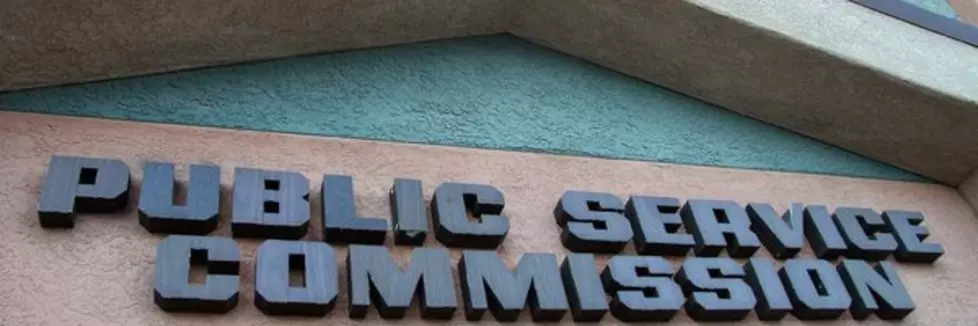
Law firm claims PSC map partisan, should not be used in election
Keila Spzaller
(Daily Montanan) A Public Service Commission district map is so “nakedly partisan,” it shouldn’t be used in the next election, according to plaintiffs who filed a motion this week with the Lewis and Clark County District Court.
The motion, filed by Upper Seven Law on behalf of Montana Conservation Voters and individual voters, requests the court grant a preliminary injunction to prevent the state from holding the next PSC election under the “gerrymandered map.”
The Public Service Commission has five commissioners, currently all Republicans, who are elected by district and regulate monopoly utilities in Montana.
Montana Conservation Voters is a nonpartisan nonprofit dedicated to protecting climate and communities.
The map in question came out of Senate Bill 109 from the most recent legislative session, led by a Republican supermajority.
A couple of years earlier, a federal three-judge panel said a 2003 map of PSC districts was too cattywampus and struck it down. In that map, one population deviation between districts was 25%.
In March 2022, between legislative sessions, the panel ordered a specific map be used for the 2022 PSC election.
But the judges also said the legislature had sole authority to draw a new map, and in 2023, lawmakers did so with SB 109, sponsored by Sen. Keith Regier, R-Kalispell.
Filed against the Secretary of State’s Office, the lawsuit alleges the map is unconstitutional because it discriminates against political ideas.
“The resulting map is nakedly partisan,” said Upper Seven Law, a nonprofit law firm based in Helena, in an announcement about the motion. “Not only does it fail to further neutral redistricting criteria, it assures Republican wins across all districts with statistically anomalous consistency.”
The brief cites the analysis of a mathematics doctorate who focuses on redistricting, Stephanie Somersille. The analyst compared the map to “hundreds of thousands of maps drawn using neutral, nonpartisan criteria, consistent with generally accepted redistricting methodology,” the brief said.
The map from SB 109 was different than the others, the brief said; it was “significantly less compact” than neutral maps, and it also split more cities: “The only reasonable explanation for SB 109’s map is that it secures a partisan advantage for Republican candidates.”
Citing the analysis, the brief said the “partisan advantage is, in fact, extreme.” For example, the brief said, in the district most likely to elect a Democrat, roughly 99.4% of maps drawn using neutral criteria offer Democrats more opportunity — but the map approved by Republican legislators shunted Democratic votes to a neighboring Republican stronghold.
“Legislators engineered the map to be election-proof,” the brief said.
Plaintiffs also argue the map doesn’t reflect political and geographical realities in Montana. For instance, the state is large and politically diverse, but in four out of five districts, the map guarantees Democrats from 42.5% to 45% of the vote, the brief said.
“Had these districts been drawn with neutral, nonpartisan criteria, a typical map’s actual Democratic vote share would range from about 35% in the least Democratic district to about 50% in the most,” the brief said. “SB 109’s flat line between districts is a classic sign of ‘packing and cracking for political gain.’”
Upper Seven said the court should shut down the map because it takes away the decision from voters of who can sit on Montana’s powerful PSC. The PSC takes up issues that affect people’s power bills and garbage service, for example.
“There are no do-overs in democracy,” said plaintiff George Stark, a Missoula voter, in a statement from Upper Seven. “If I vote in a gerrymandered district, there’s nothing I can do to get that vote back. My voice will always have counted less.”
Upper Seven argues SB 109 is unconstitutional because it discriminates against voters on the basis of political ideas.
“Partisan gerrymanders prevent competition,” said Constance Van Kley, Upper Seven’s litigation director and attorney for the plaintiffs, in a statement. “It doesn’t matter whether you are a Republican or a Democrat — for democracy to work, we have to agree that voters must ultimately decide who represents us.”
A spokesperson for the Secretary of State’s Office earlier said the office does not comment on pending litigation and “does not draw maps.”
